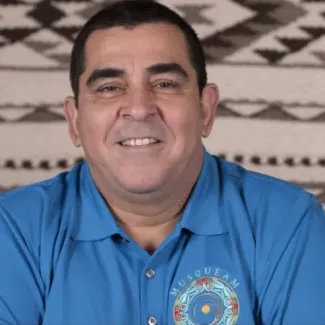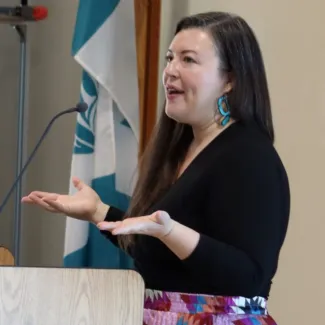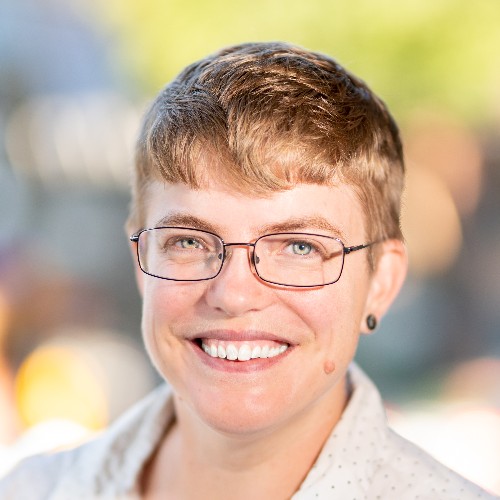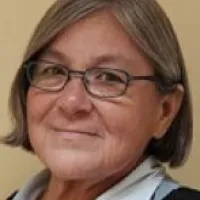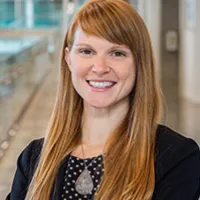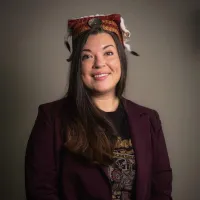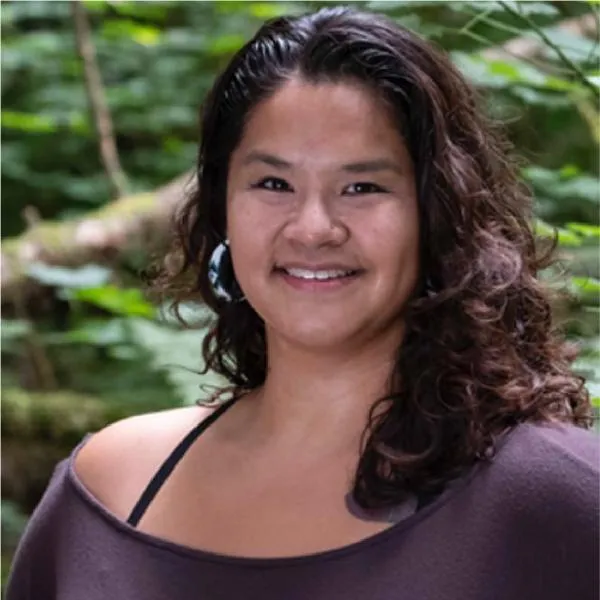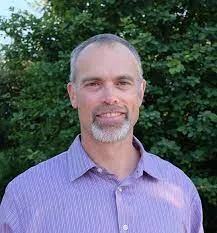A concentration of SCARP's Master of Community and Regional Planning
Plan in partnership with Indigenous communities
to support Indigenous self-determination.
What is ICP?
- ICP is a concentration in SCARP's dual-accredited Master of Community and Regional Planning program, and has been designated a noteworthy practice by the Planning Accreditation Board.
- ICP is a partnership with First Nations in cultural learning, community engagement, and planning.
- ICP trains a new generation of planners to break with the colonial legacy and culture of planning, working instead in respectful partnership with Indigenous communities, aligned with their values and priorities.
Every community has a vision, aligned with its values and rooted in the land that nourishes it
ICP teaches a blend of Indigenous Knowledge and Indigenous Planning with contemporary planning methods. You’ll gain education grounded in on-reserve learning, community experience, and knowledge sharing.
In partnership with Musqueam Indian Band, SCARP co-designed and co-delivers the Masters of Community and Regional Planning program’s Indigenous Community Planning concentration. SCARP is honoured to be in a teaching and learning partnership with the Musqueam Indian Band in the design and delivery of the ICP concentration. This concentration attracts both Indigenous and non-Indigenous students, from a range of academic and professional backgrounds, who want to work with Indigenous communities. Ten committed students are accepted each year to enter into this concentration.
A word from grads
Some more words about ICP
“The Indigenous Community Planning program (MCRP-ICP) is the leading example of its kind in Canada, and perhaps North America. Given the extraordinary circumstances of Indigenous land claims in British Columbia, this program is a vital offering for the Faculty, University and Province to meet their Reconciliation obligations and new responsibilities stemming from the adoption of the UNDRIP. SCARP and the collaborating First Nations should be commended for the long and difficult work to establish the partnerships required to deliver this important program.”
-Planning Standards Board representatives during their 2022 accreditation of MCRP program
Applicants admitted to the program will commence full-time studies in September. The School of Community and Regional Planning does not admit students at any other time of year.
Remember this webpage describes a Concentration of SCARP's MCRP Program. You can learn more about its structure and how to get involved on the MCRP page. What follows here describes the custom ICP Concentration.



